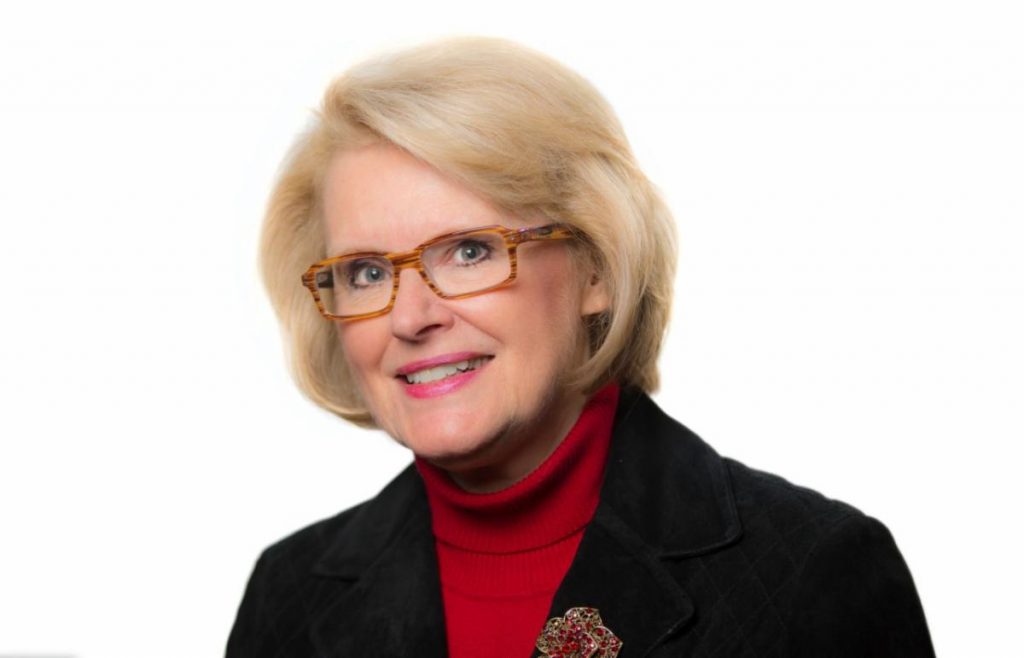
Friendships motivate us to do more for each other. They ease stress and add laughter. They let us be ourselves and speak candidly. They amplify our pride in a job well done; celebrations are more fun when people we care about are cheering.
Friendships happen at work. Or they used to. Here’s how:
Lynnette Clemetson sat next to Rachel Swarns in the New York Times newsroom. “We were at similar stages in our careers and lives, had both been based internationally, both enjoyed similar kinds of reporting and storytelling. We became fast friends,” Lynette says. “Our children were born within months of one another, and now 17ish years later we still talk at least once a week. She’s more a sister than a work colleague.”
Lynne Adrine and Gena Fitzgerald met in the WJLA-TV newsroom in Washington, DC, where, according to Lynne, a shared affinity for George Clinton and Funkadelic started something special.
“We worked the weekend night assignment desk together. No grownups in the room when the Iranian hostage crisis happened or Jonestown. Just us. Gena was one of my bridesmaids, and is godmother to my son. We’ve always had each other’s backs,” she says.
Allison Watts was working in the WHAM-TV newsroom in Rochester, New York when her mother was given only six months to live.
“It was a very hard time for me. I was single and didn’t have any family nearby. The people I worked with lifted me up and checked in on me every day. Going into the newsroom and feeling their support – and getting hugs when needed – saved me,” Allison says.
Those were just a few of the stories I heard when I told my Facebook friends I planned to write about work friendships. I asked for their stories and their advice, concerned that the pandemic-driven move to remote work may impede the development of new friendships – and even the maintenance of the old.
When we work in the same space, share projects, problems, personal stories and values that matter to us, some of us make the leap from colleague to friend, and from friend to bestie.
For those managers who assume that work friendships are nice but not important, or those who even fear they may get in the way of work, know this: Gallup disagrees with you.
For years, Gallup research on workplace engagement has included this question: Do you have a best friend at work?
Here’s Gallup’s reason: “Our research has repeatedly shown a concrete link between having a best friend at work and the amount of effort employees expend in their job.”
Social distancing is an obstacle to friendships and friend-making, but it’s not insurmountable. A recent study in the Academy of Management says we should keep working at it, noting that it’s especially important when we’re onboarding new team members.
Managers can lead the way. They’re not expected to be “matchmakers” for friendships; people prefer to choose their own. But supervisors can set the table for it to happen.
They can build in extra time before virtual meetings for people who want to get there early and just chat. They can ask people for input on how to make sure we’re not so “all business” that we make people feel isolated. They can listen to those who are most interested in social connections, act on their ideas or empower them to.
As individuals, we can do more outreach to those we like – and those we think we might like if we knew them better. Find out what works for them, rather than assuming a call or online chat is an interruption. The more we know their story — their work habits, work loads, and how they’re balancing it all with the rest of their life — the better job we can do at the important work of friendship.
And, tough as the pandemic days are for so many, Mandy Jenkins, who heads the Compass Experiment and Mahoning Matters (and who has been through more than a few challenges – watch her Newgeist presentation from a few months ago for proof) says adversity can bring us closer.
“As much as I don’t recommend it, working together through times of crisis has created some of my longest-standing friendships. Circumstances such as difficult stories, layoffs, working for bad managers, etc. provide an opportunity to see your colleague’s true colors. You can see how they reach out to support others or rise above the noise to be the voice of reason or a shoulder to cry on,” she says.
Do your best to be that voice or lend that shoulder – even from a distance.
Work friends matter.
Click here to read Jill’s previous posts. Click here to subscribe to Covering Coronavirus.

